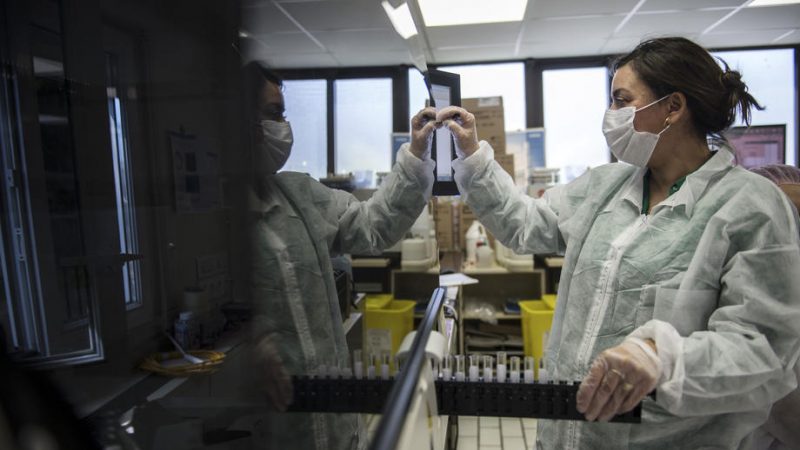EU Confirms Swiss 'third Country' Status for Research Projects
Switzerland has been locked out of the EU's flagship Horizon Europe research and innovation programme until further notice.

Send us a link
Switzerland has been locked out of the EU's flagship Horizon Europe research and innovation programme until further notice.

Switzerland is mounting a campaign to convince Brussels its participation in Horizon Europe should not be confounded by broader political tensions, but member states say it may time take to patch things up after Switzerland unilaterally withdrew from talks about its overall relationship with the EU.
Policy makers and lobbyists in Brussels want to explicitly limit access for scientists in countries that flout academic freedom and intellectual property rights.
Switzerland has been excluded from a provisional list of third countries eligible for Horizon Europe funding.
Horizon Europe, the EU's new €95.5 billion R&D programme, is finally underway. It is starting more than five months late - a record even by Brussels' dilatory standards. But what's in it?
Obstacles to finalising association agreements for EU's research programme now removed, say continental observers.

Researchers from Israel, Switzerland, Britain and other non-EU countries may be allowed to join the EU's quantum and space research projects, under a deal between representatives of member states and the European Commission reached this week. The agreement could end months of uncertainties around international participation in sensitive R&D projects in Horizon Europe, the EU's new €95.5 billion R&D programme.
Prolonged discussions about associate status and the breakdown of negotiations on EU-Switzerland relations has left Swiss universities bracing for potential exclusion from the €95.5 billion programme.
Swiss universities called on the Federal Council on Monday to resolve a long-running treaty saga with Brussels, or risk scuppering the country's chances of a research deal.
Research-intensive university groups representing 77 universities across Europe have joined together to signal their determination to collaborate across borders to drive innovation and new discoveries. The joint statement also calls upon the European Union not to restrict access for associated countries, such as the UK and Switzerland, to parts of its multi-billion Horizon Europe research programme.
As Horizon Europe issues its first call for grants, Nature reviews some big changes - from open science to goal-oriented "missions".

The UK's association to Horizon Europe has been agreed "in principle" and awaits Parliament's scrutiny, while agreements with Israel and Switzerland could be finalised by the end of the year.
The European Commission is about to uncork the champagne to mark the start of Horizon Europe, but significant parts of the research programme are still being negotiated, as stakeholders scramble for last minute changes.
Thanks to the Brexit deal, it is likely that UK researchers will gain access to the Horizon Europe programme and EU research funding. Will this suffice for UK higher education institutions to return to pre-Brexit participation levels?

In this forward-looking spirit, sharing information about the coming EU funding framework seems to be an appropriate topic for the last DARIAH Open post in 2020. As such, this entry is having a look at how Open Science is taking shape in the nascent Horizon Europe funding programme for 2021-2027, what to expect and what are the major changes compared to the previous funding programme, Horizon 2020.

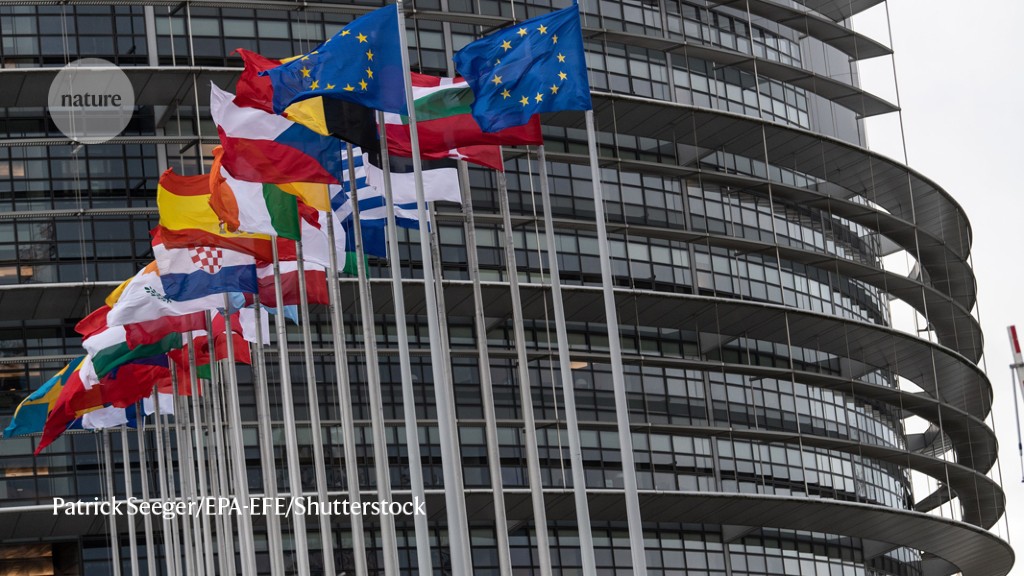
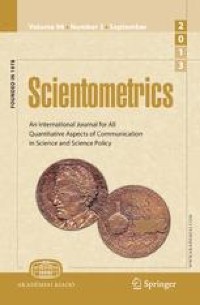
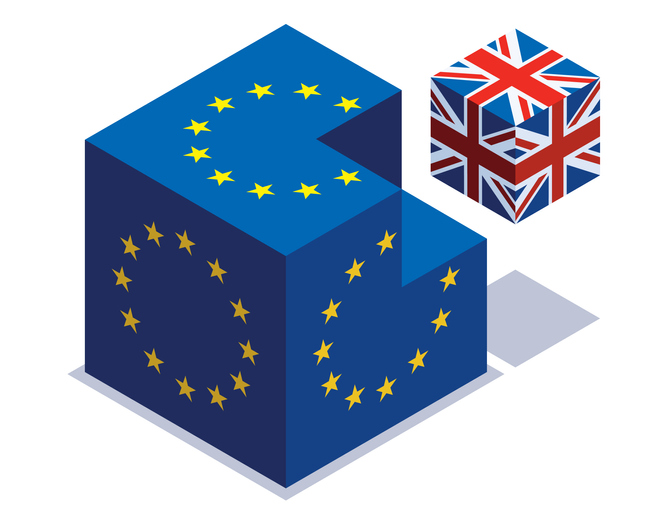
More than 160 scientists have now signed the letter to European Commission President.
A dedicated brokerage event for entities looking for opportunities to involve Social Sciences and Humanities institutions in EU H2020 Green Deal calls.

Sector calls for compromise to ensure UK researchers stay in Horizon Europe.

Research ministers have agreed to more aggressively police foreign participation in the EU's research programme, adding a new provision to Horizon Europe that is aimed primarily at preventing China and the US from getting access to sensitive European research.
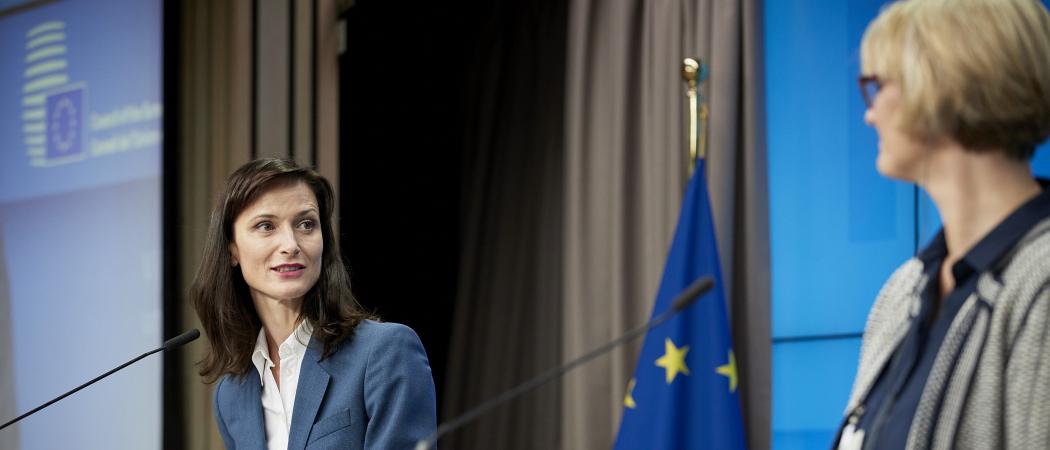
Europe's flagship science agency will be crucial to a post-coronavirus world. Slashing its budget will be a senseless act.
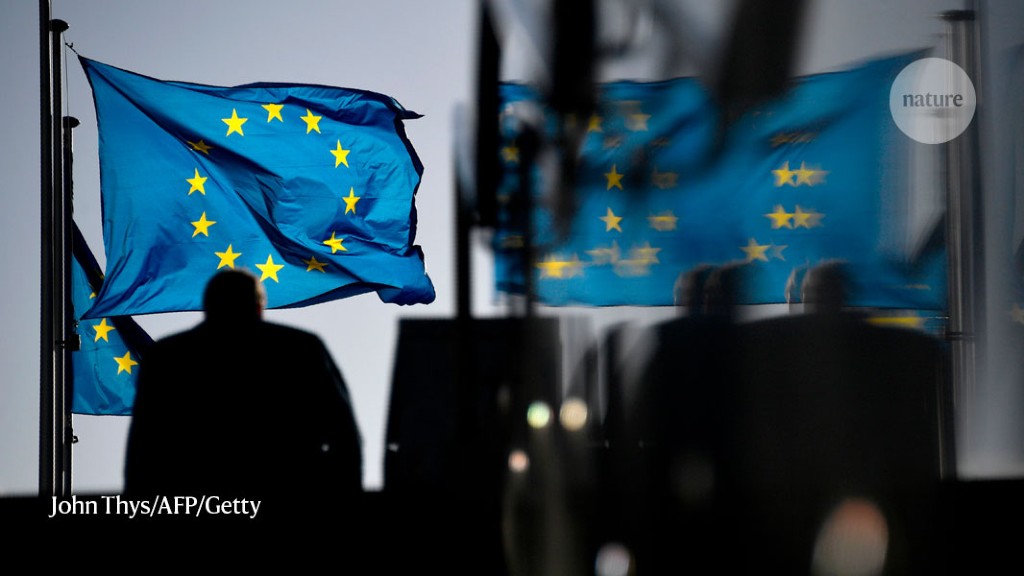
The 2021 draft budget would give Horizon Europe commitments of €11.5 billion, less than the European Commission's June proposal which had €12.3 billion slated for the R&D programme.
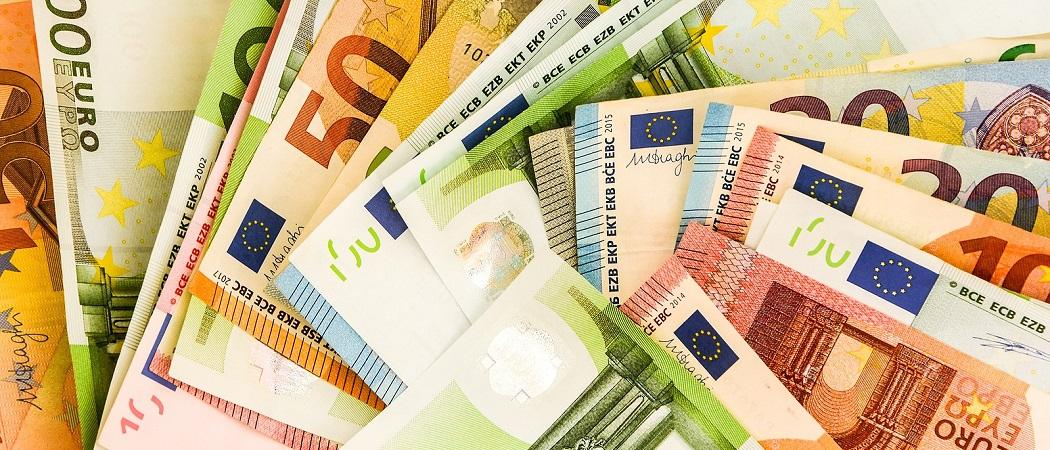
The European Open Science Cloud (EOSC) is the envisioned federation of research (data) infrastructures that will enable the Web of FAIR Data and Services, help researchers to perform Open Science, and open up and exploit their data, publications and code.
EU leaders agreed on a pared-back budget of €80.9 billion for the Horizon Europe research programme, in the fifth day of a marathon summit to debate the EU's long-term budget and a post-pandemic economic recovery plan. The final figure - a big blow to research advocates - is significantly lower than a proposes €94.4 billion put forward by the European Commission in May, as the budget for the R&D programme has been cut multiple times throughout the summit.

As EU budget negotiations entered a fourth day in Brussels, the amount of funding that will be available for research and innovation is still unknown - but advocates mounted an online campaign to defend it.

University associations have renewed a call for a higher budget for EU research and innovation and for academic exchange programmes, after the latest budget draft by EU Council president Charles Michel proposed a €5 billion cut from Horizon Europe.

As we slowly emerge from the coronavirus outbreak in Europe, one thing is clear - it has brought to the front various aspects of gender equality issues in Research and Innovation (R&I), writes Marcela Linkova.
